By George Christie
Rhode Island has a rare species list for the animal kingdom. And Rhode Island has a rare species list for the plant kingdom. But Rhode Island, like the vast majority of states, does not have a rare species list for the fungi kingdom. To those who study fungi, this is a gross injustice to a kingdom that permeates every possible aspect of our living world, so Friday, Jan. 26, members of the Rhode Island Mycological Society and the Mushroom Hunting Foundation joined with conservation organizations and the Rhode Island Natural History Survey (RINHS) to initiate plans to update the list of Rhode Island fungi and develop a list of rare fungi to aid in conservation planning for state, municipal and nonprofit conservation organizations.
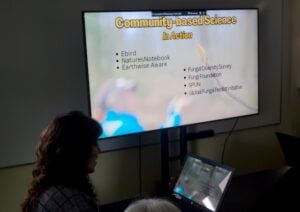
Deana Thomas highlights the value of Community Science in Biodiversity studies.
Founded by Deana Thomas last year, the Rhode Island Mycological Society is rapidly creating a coalition of like-minded individuals dedicated to increasing public awareness of the importance of fungi in the natural world. Fungi, like animals and plants, are under tremendous pressure from habitat loss, climate change, pesticides, and pollution. In short, we’re in danger of losing that which we don’t even know we have.
“Whoa there, wait a minute!” I hear you thinking. “Fungi? Why should I care about fungi? If I save the plants and animals, won’t the fungi be fine as well?” Actually, it’s very likely the real truth is the other way around. Saving the fungi should be considered critical to saving the animals and the plants. We routinely say that, in nature, everything is connected. We forget to mention however, that the connection is most often fungal.
Deana’s hope this year is to increase community awareness as to the plight of fungal diversity loss and increase opportunities for concerned citizens to participate in discovering the fascinating fungal diversity of the state. She acknowledges there is much to be done, but emphasizes this work is essential to preserving the natural world we claim to cherish.
Fortunately, modern apps, such as iNaturalist, give us a powerful tool to engage people in community science, where they can post their observations online to become part of a worldwide database of knowledge. This means everyone can provide insights – you may have seen recently where a young naturalist in Barrington discovered a rare species on the bike path in Barrington.
Of course, fully delineating, recording, and protecting fungi won’t be easy. Even the “visible” fungi, like mushrooms, are hidden much of the time, with only their fruiting bodies, the mushroom, appearing above ground to give us an indication of where they are growing. Predicting when and where to find a given species relies on instinct and experience as much as on science and maps.
The Natural History Survey, however, is well placed to assist with the more difficult questions, “Does it exist in Rhode Island? Is it native to Rhode Island? Is it rare in Rhode Island?”
A long-term goal is to create a rare fungi list similar to those for rare plants and animals. This can only be accomplished by strong community support, but, as is often the case with conservation work, there is more to be done than people to do it. Deana encourages people to visit the Society’s website at https://www.rhodeislandmycologicalsociety.org/ to learn about the work they are doing and how you can become a part of their project. Whether your interest is in conservation, foraging for wild foods, or simply developing a better understanding of the world around you, there is a community of individuals eager to open the intriguing world of fungi to you.
For a somewhat broader overview, you can also visit the Fungal Diversity Project’s page at https://fundis.org/images/PDF/FunDiS_article_in_Sept-Oct_2020_Mycophile.pdf for an excellent overview of what mycologists across the globe are hoping to accomplish moving forward.
I found Merlin Sheldrake’s “Entangled Life” (2020) to be an excellent introduction to fungi. As always, I encourage you to visit your local Rhode Island public library or you can access their online catalog at https://catalog.oslri.net/. As of the end of January, there are 18 copies of it circulating in the system, along with eBook, eAudiobook, and Kindle copies.
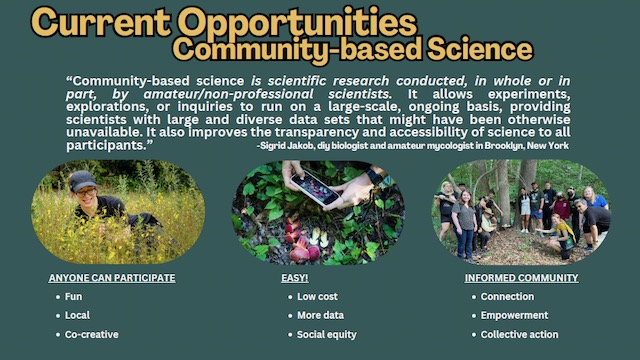

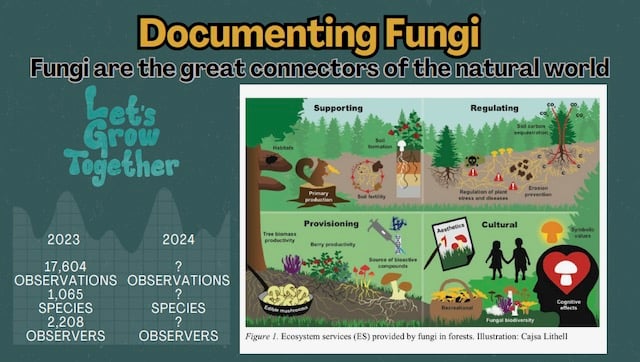

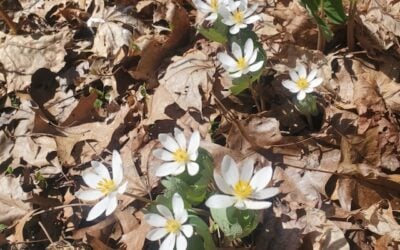

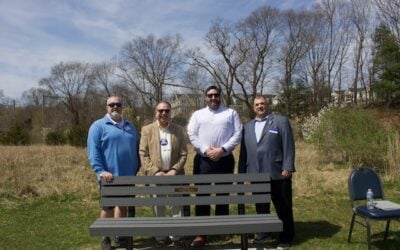
 Subscribe
Subscribe
Wonderful article on an important, and hidden, issue! If anyone would like to learn more about our local fungi, feel free to visit MushroomHunting.ORG. Ryan and I love to help people with mushroom questions!